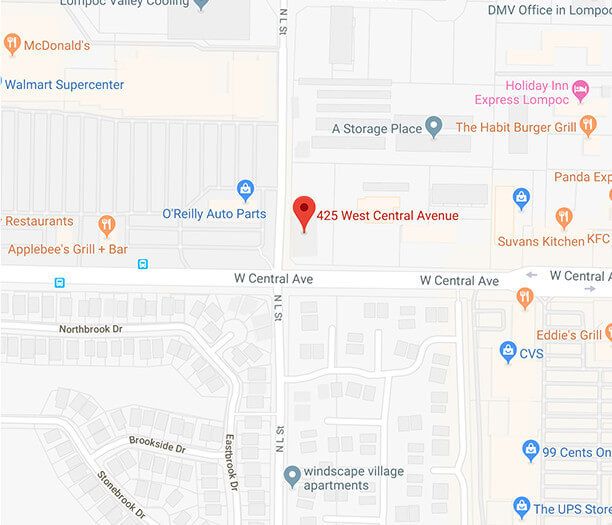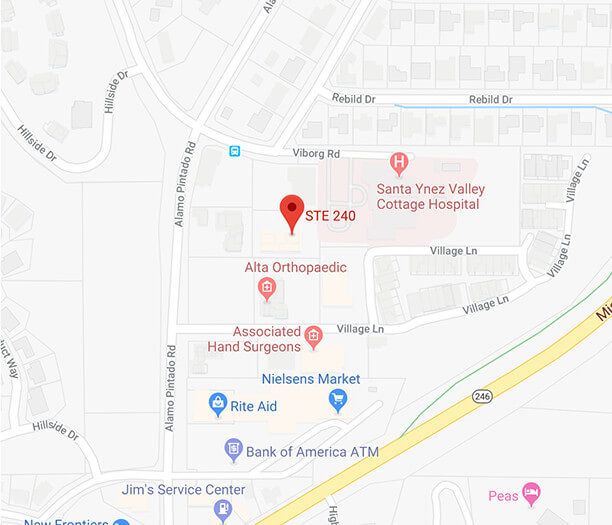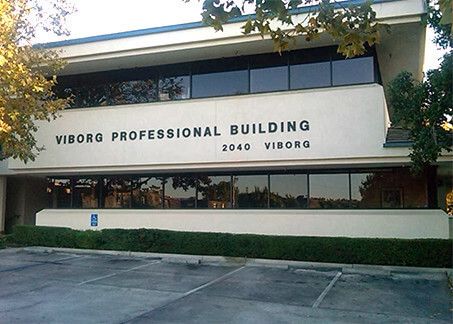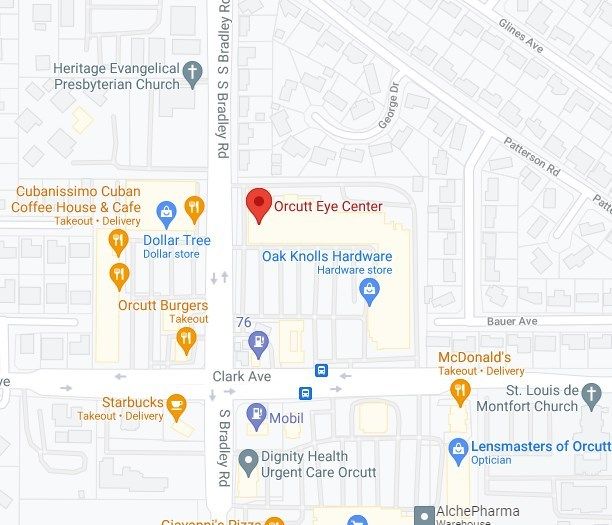
Cataract surgery is the surgery done on your eyes to extract a clouded lens and replace it with an artificial one. The artificial lens is called an intraocular lens, or IOL for short. The intraocular lens will usually improve your vision significantly. However, intraocular lenses differ in their features and their purpose. Some can help you see near more clearly while some allow you to see far.
It can become a bit confusing to choose the correct lens. Here are some facts and ideas you might consider when choosing a lens
What Lenses Are Available for Cataract Surgery Patients?
EDOF or Extended Depth-of-Focus IOLs
These lenses have a single corrective zone. The zone is lengthened to provide intermediate and distance vision.
Multifocal IOLs
These lenses have different corrective zones designed into the lens. They work in the same way as trifocal or bifocal glasses. They allow you to see both far and near objects. In addition, some multifocal lenses can correct intermediate vision.
Monofocal Lenses
These lenses give optimum vision at a single distance. Monofocal lenses are mainly for people who want distance vision. You will, however, need reading glasses for tasks that require near vision.
Toric Lenses
These lenses are specifically for people with astigmatism. They have a bit more correction built into them for astigmatism.
Accommodative Lenses
These lenses correct sight at all distances. The lenses utilize movements that are natural to your eye to switch focus.
Factors That Determine What Lens You Choose
Cost
Insurance does not cover all available IOLs. Most insurance companies will cover the cost of the common intraocular lenses like the monofocal lenses. These IOLs have been in use for a long time and are usually the most popular.
The multifocal, accommodative, and EDOF IOLs are premium IOLs. They reduce the need for glasses and contacts. However, the ability to perform near-vision tasks varies with patients. These premium IOLs are more expensive than standard IOLs and insurance does not cover them entirely.
Lifestyle
Your lifestyle will dictate the type of intraocular lenses you choose. You might spend a lot of time performing near-vision tasks like working on the computer. You might also prefer to read without glasses. If this is your lifestyle, you should go for monofocal lenses.
You may find that you do not want eyeglasses at all. You can have the option called monovision. The doctor will attach one mono-focal lens for distance vision and another for near-vision in different eyes with monovision. You can try out monovision contacts to ensure that your brain can manage.
How Often Do You Drive at Night?
If you drive at night frequently, you will want to avoid EDOF or multifocal lenses. These lenses have glare and halos as a side effect. They may also cause loss of contrast, especially at night with poor lighting.
Do You Have Astigmatism?
Toric IOLs are the go-to option if you have astigmatism. The doctor may also recommend a limbal relaxing incisions (LRI) procedure to reduce astigmatism. You can get this procedure together with your cataract surgery; however, insurance does not cover LRIs or toric lenses.
For more on choosing the best lens when having cataract surgery, visit Shepard Eye Center at our offices in Santa Maria, Lompoc, Solvang, or Orcutt, California. You can also call (805) 667-0100, (805) 793-1800, (805) 410-9998, or (805) 937-9532 to book an appointment today.



























